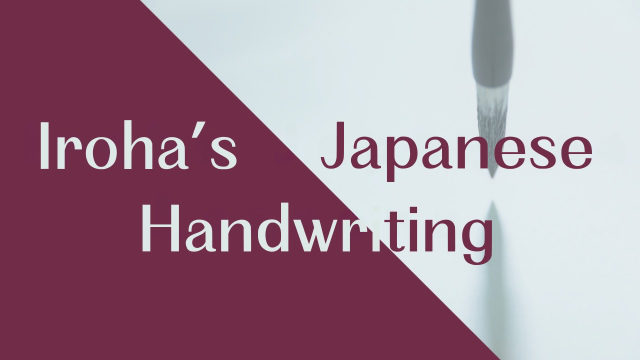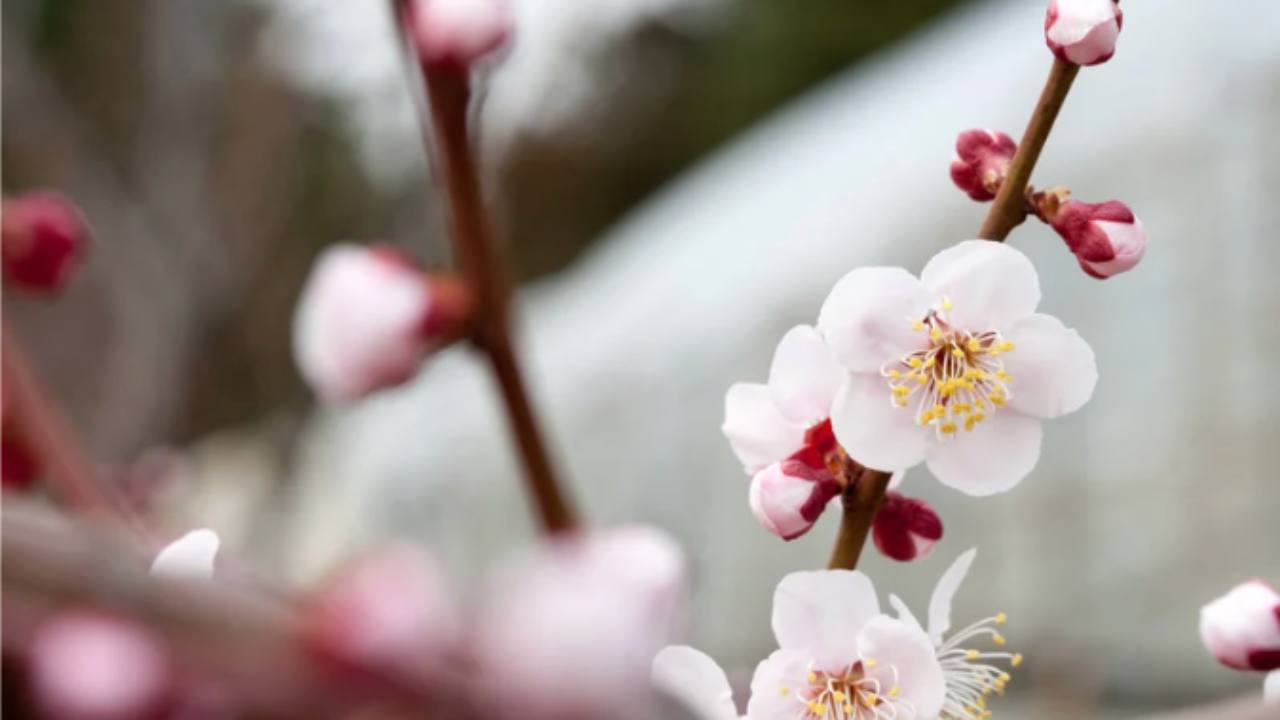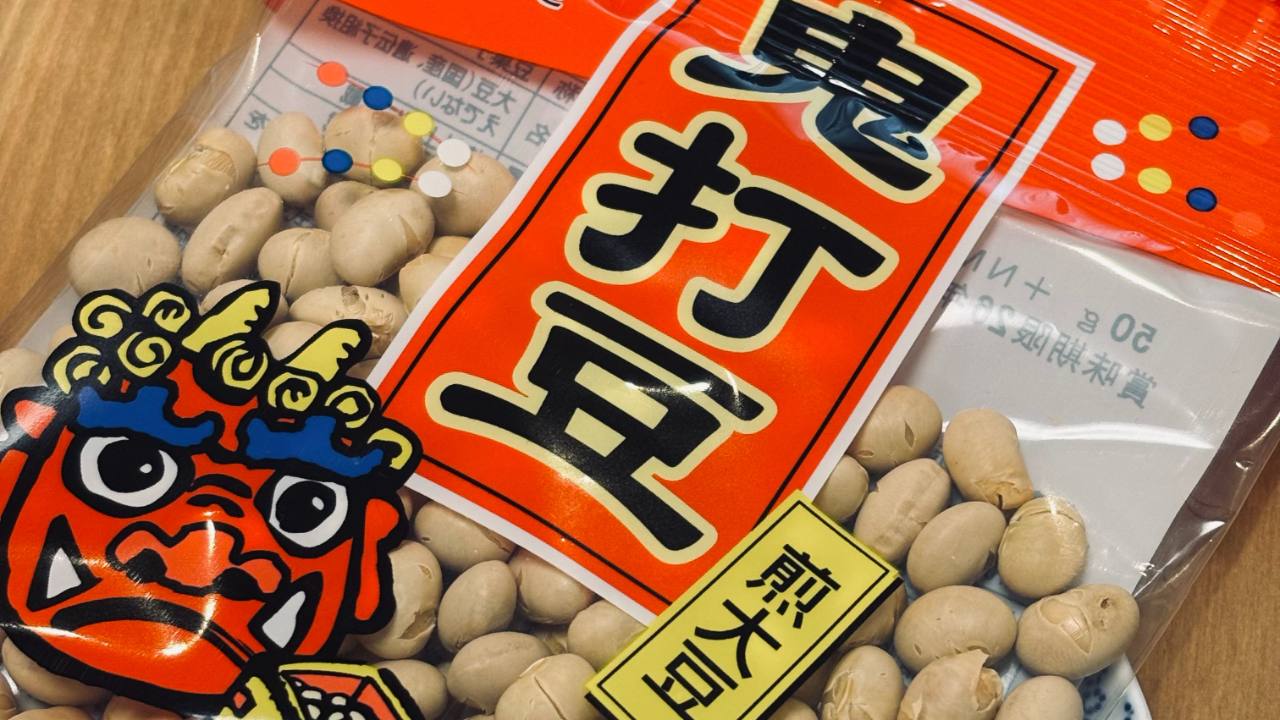日本語を書く To write Japanese
またまたご無沙汰してしまいました。お元気ですか?毎日寒いですね。もうすぐ2月も終わるので、早く暖かくなってほしい、いろはです。
Long time no see again!
How have you been? It’s been so cold every day, hasn’t it? Since February is almost over, I really hope it starts warming up soon. This is Iroha.
いつもこのニュースレターを書く間隔があいてしまうことを反省しているのに、なかなか定期的に書けていなくて・・・。すみません。でもなぜ書けないか、ちょっとわかった気がしています。難しく考えすぎていたのです。何か「ちゃんとしたこと」を書かなくちゃ、日本のことを伝えなくちゃ、と頑張ってしまっていたのですが、もっと私の言葉で、私の思う日本のこと、日本語のこと、日本語の文字のことを書いていけばいいのだ、と改めて思いました。
I always regret how much time passes between each of these newsletters, yet I still struggle to write them regularly… I’m sorry. But I think I’ve finally figured out why. I was overthinking it. I kept feeling like I had to write something "proper" or that I had to convey something meaningful about Japan. But I’ve realized that I should simply write about Japan, the Japanese language, and Japanese characters in my own words.
いつも待っていてくれる優しい方々、ありがとうございます。
To all of you who patiently wait for my updates, thank you so much.
* * * * *
今日は、日本語を書く、と言うことについて。
自分が話す言語の文字を書くとき、皆さんがどう考えているのかはわかりませんが、日本語の場合、「文字を丁寧に書く」ことは、大人になっても、なかなか大きなウエイトを占めています。
Today’s Topic: Writing in Japanese
I’m not sure how people from other countries think about writing their own language, but in Japan, "writing carefully"carries a lot of weight, even for adults.
これは「文字がきれいに書ける」こととは別です。日本人の大人がみんな、文字をきれいに書けるわけではありません。特に最近は、手書きをする機会が激減していますから、書けなくなっている人の方が多いでしょう。
This is different from "writing beautifully." Not all Japanese adults can write beautifully. In fact, with the decline of handwritten communication, more and more people struggle with it.
しかし、それでも「字は丁寧に、きれいに書けた方がいい」という常識はまだまだ通用します。日本では、「文字は人を表す」とされているからです。
However, the idea that "it’s better to write neatly and carefully" is still widely accepted. That’s because in Japan, there’s a saying:
"Handwriting reflects a person’s character."
文字に限らず、日本ではその人の行いはその人を表している、という考え方は一般的で、例えば家に上がるときに靴をきちんと揃えて脱いでいるか、食事の仕方はきれいか、といった所作でその人の性格や育ちを判断することはあります。これはあなたの国でも共通していますか?
In Japan, actions often define a person’s character. For example, whether someone neatly arranges their shoes after taking them off, or whether they have good table manners—these small habits can influence how they are perceived. Does this idea exist in your country as well?
その中で、手書きの文字のきれいさ、もしくは丁寧さ、というものもその人を表すものとして捉えられています。
雑な字を書く人は、雑な性格。きれいでなくても、丁寧な文字を書く人は、きっと真面目で誠実な人、そんなふうに解釈されます。
In the same way, handwriting—whether neat or messy—is often seen as a reflection of the person.
- Sloppy handwriting → A careless personality.
- Even if the handwriting isn’t beautiful, if it’s neat and careful → A serious and sincere person.
なので、日本語を書くとき、きれいな字が書けることはとてもプラスになります。もちろん外国の方は学習途中なのでうまく書けないからといって、すぐ人格を問われることはありません。マイナスなことはないと思いますが、きれいに書けたら日本人以上にプラスなるでしょう。
Because of this, writing neatly in Japanese can be a huge plus. Of course, as a foreign learner, no one expects you to write perfectly, and you won’t be judged for messy handwriting. But if you can write neatly, it might leave an even better impression than a native speaker’s handwriting!
日本語を書くときは、一文字一文字、ゆっくり丁寧に書くことをお勧めします。そして、真似する手本は、できればコンピューター上のフォントや教科書の印刷されたフォントではなく、手書きのお手本を見るといいです。フォントは本来の文字をデフォルメしていることが多いので、手書きで書くとおかしい時があります。コンピューターフォントのように書いても、意味が伝わることは伝わりますが、日本人はそうは書きません。
I recommend writing each character slowly and carefully. Also, when practicing, try to use handwritten examples rather than computer fonts or textbook print. Many digital fonts distort the natural shape of Japanese characters, making them look unnatural when handwritten. A sentence written in a computer font will still be understood, but it won’t look the way a native speaker would actually write it.
日本語の手書きについて、今後もゆっくり解説していきますね。楽しみにしていてください。
日本は東京の周り以外は、大雪が続いています。皆さんもお身体にはお気をつけて。
いろは
I’ll continue sharing insights on handwritten Japanese in the future. Please look forward to it!
Aside from the Tokyo area, Japan has been experiencing heavy snowfall. Please take care and stay warm wherever you are.
Iroha





